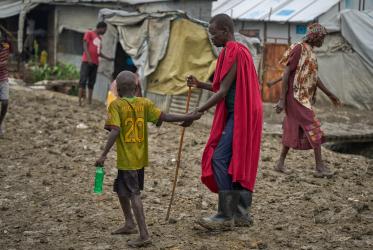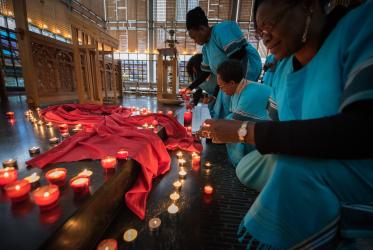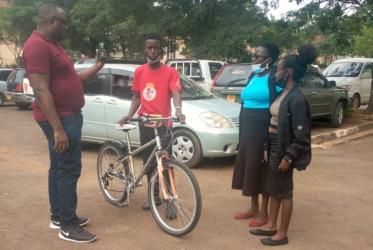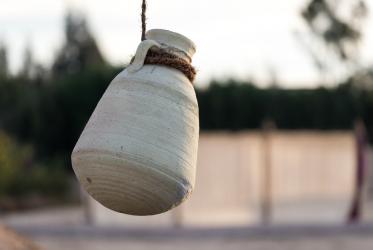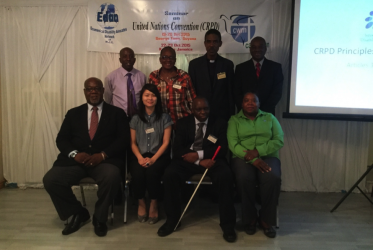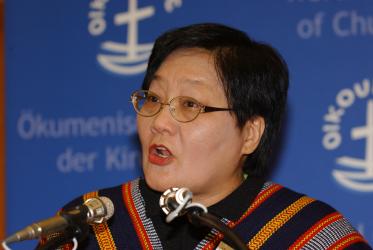Displaying 1 - 17 of 17
Senturias named to human rights board in the Philippines
18 February 2014
Tveit reports on churches’ work for justice and peace
29 August 2012
Churches in Colombia support victims of land dispute
30 April 2012
The violence of manual scavenging in India
15 October 2009
